From Zero to 35 Million: SBC Waste Solutions’ Woman-led Growth
From Zero to 35 Million: SBC Waste Solutions’ Woman-led Growth
Karen Coley’s family- and woman-owned waste management company is rapidly encroaching on the big Chicago waste companies, and it plans to keep expanding. SBC Waste Solutions wants to bring its excellent customer service to more homes and businesses in Chicagoland.
“Five years ago, we were basically nothing,” says vice president Shawn Flood. “Now we’re over 40,000 to 50,000 customers, and we have more than 50 trucks.”
Shawn is the VP of Operations and Customer Care as well as one of the partners of SBC Waste Solutions. He has built up a strong reputation in the waste management and recycling business over the past 15 years. Adding his experience to the quality and quantity of the rest of the team, they have 100 years of combined industry experience to help build a waste company that puts people first.
CEO Karen Coley brings a lot of experience and tenacity to the company. Karen earned a degree from Rutgers and has owned other businesses before SBC. She grew up in Ohio and Illinois, the youngest of six children in a tight-knit family.
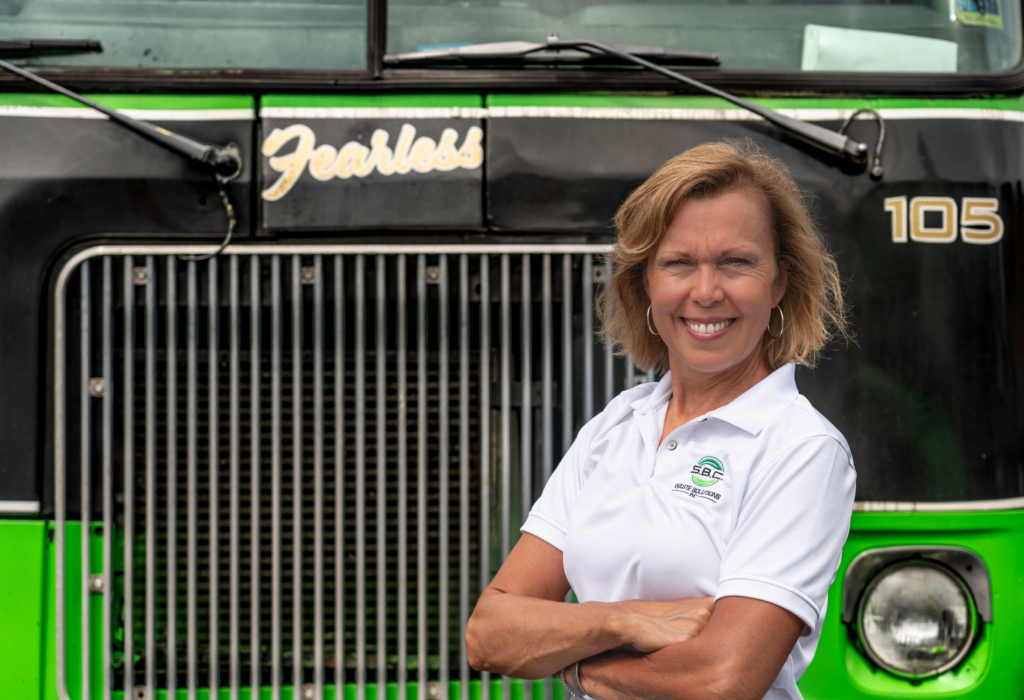
CEO Karen Coley
“You’re at the bottom of the food chain in her position when you come from a family of six kids. You learn to fight your way through things, and you learn from everybody’s mistakes above you, which she has done,” Shawn says.
Karen brought a large investment from her previous business, an events planning company. She thought big planned big and earned big. When the COVID-19 pandemic shut down this sort of business, Coley simply moved on. She focused on waste management and continues to be successful in this business, perhaps even more so than her previous one.
“Our growth is pretty much exponential,” Shawn says. “In five years, we’ve gone from zero sales to looking to finish this year at about $35 million, which we should grow next year to over $45 million. Our goal is to reach $100 million by the year 2028. That’s our goal, to be a $100 million company by the year 2028. Which in this industry is pretty improbable.”
Of course, inflation affects every business, but with the cost of necessary equipment, vehicles, and fuel rising so fast, SBC Waste Solutions is hard hit at times.
“Waste management is very capital intensive. A garbage truck costs $400,000 right now. The dumpster on wheels you put behind the convenience store costs about $1,000,” Shawn says.
“So people just don’t go around starting garbage companies. You don’t see that in the industry. There are only six companies in the whole Chicago market.”
One of the company’s strategies for staying ahead of inflation and other factors is to be proactive. SBC Waste Management relies on good customer service to keep the business growing. It’s a strategy that’s been working. One factor is that SBC has a local call center. Most major garbage corporations have call centers in Arizona and all throughout the country. Customers crave a more personalized service in this industry, and Coley gives it to them.
“We have a much more personal touch,” Flood says. “Our customers can call us at 10 o’clock at night, and we’ll answer the phone, where the big guys won’t. Our service levels are above and beyond our competitors’ service. A lot of that is because customers can call one of the owners of this company on their personal cell phone and other companies don’t offer that.”
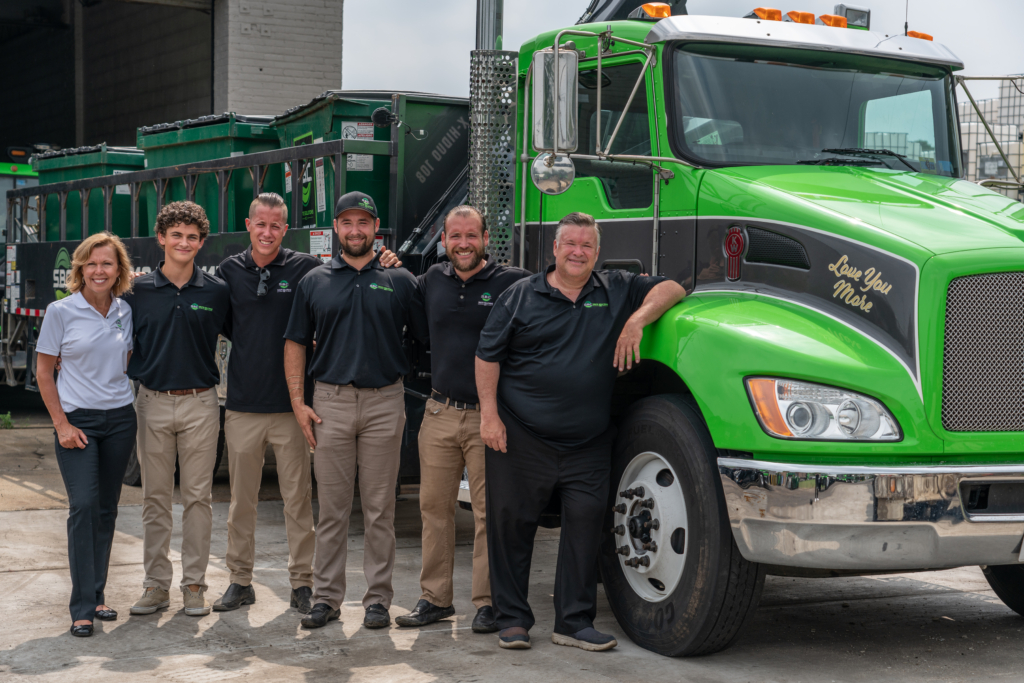
Waste Management Services
And the customer service viewpoint includes some very forward-thinking solutions, like SBC’s crime-prevention program. The company puts cameras in front of its garbage trucks for the communities. Clients and local citizens know that if there’s any type of crime, SBC’s cameras will catch the evidence. The company is glad to provide access to its cameras to law enforcement officials to help stop crime.
“Two kids got their car stolen, and the thieves took it for a joy ride,” Shawn says. “We helped the police find the car, abandoned blocks away.”
As SBC expands, so will its payroll, providing more well-paying careers for local Chicago area residents. As a woman-owned business, Coley wants to hire equitable numbers of women and men. But, after all, this is the garbage business.
“The first thing we want is a good person. And we want to have a good work ethic,” Flood says. “But, you know, being a waste management company, we don’t get a lot of women applying for on-the-truck jobs. So it’s hard to promote them, but our office is filled with women.”
The initials of SBC encapsulate everything that Karen Coley and her company stand for Sustainable, Beneficial, and Capable. Karen, her partners, and their employees all work together with the community to make sure that these qualities continue to represent SBC Waste Management.
https://www.google.com/maps?cid=4180240075447051620

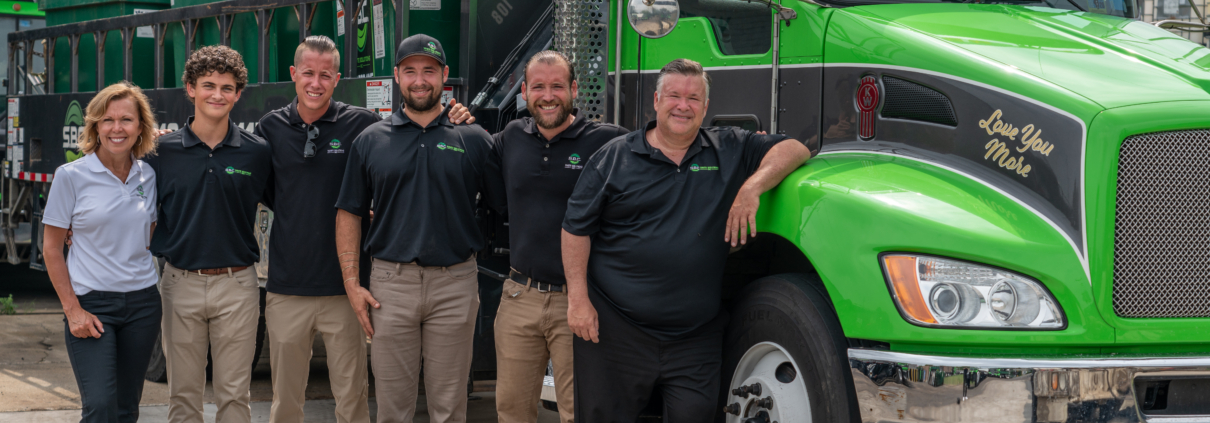

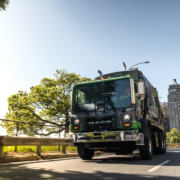
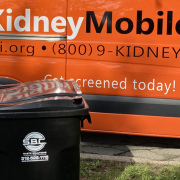
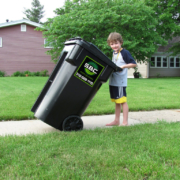


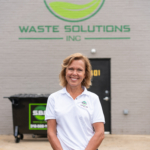

Leave a Reply
Want to join the discussion?Feel free to contribute!